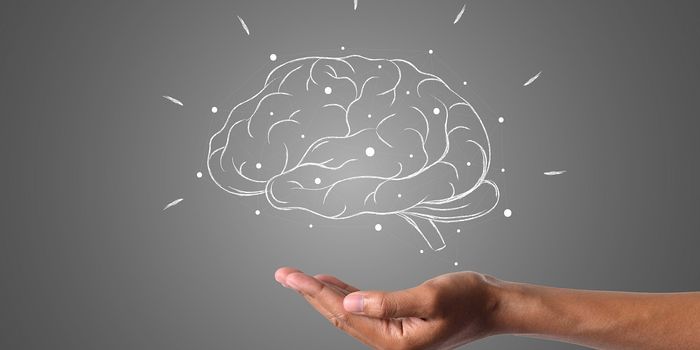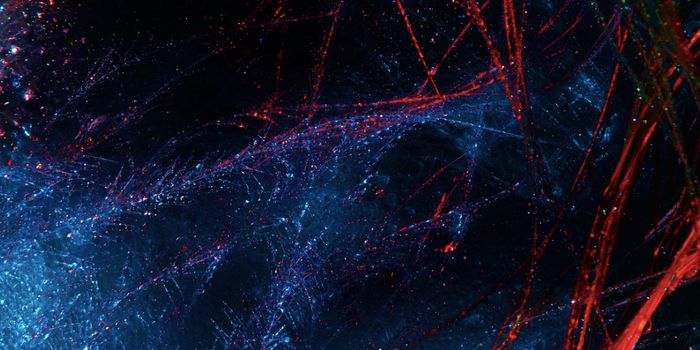Gut Bacteria Influences Behavior in Young Children
Research now suggests that the presence of different gut bacteria may significantly impact children’s behavior, causing some to act out, and some to maintain more calm and collected.
Tom Sharpton, lead author of the research and statistics researcher at Oregon State University said, “Childhood is a formative period of behavioral and biological development that can be modified, for better or worse, by caregivers and the environments they help determine...Kids’ development trajectories are affected by their own genes and environmental factors, and also by the community of microbes living in, on and around their bodies.”
For the study, Sharpton and his team analyzed stool samples from 40 children aged between 5 and 7 to identify the different types of bacteria living in their guts. From different psychosocial backgrounds and with varying subclinical mental health symptoms, this data was then compared to survey responses by their parents on factors including their behavioural patterns, socioeconomic risk, caregiver behavior, demography, gut-related history (such as usage of antibiotics) and a one-week diet journal.
They then used shotgun metagenomics, a technique capable of sequencing the whole genome of different organisms present in the stool. In doing so, the researchers were able to gain an understanding of the gut microbiome environment, composition and the characteristics of the species present.
In the end, they identified a link between children’s behavior type IV secretion systems, used by bacterial cells to release the proteins and peptides that balance the microbiome. Ultimately, their analysis showed that children with behavioral problems and higher levels of socioeconomic stress tended to have different microbiome profiles than those without, and that the quality of the parent-child relationship alongside parental stress had a significant impact on how large those differences were.
Phillip Fisher, another author of the study said, “This study suggests that when examining the trajectory of child psychological development, we need to consider biology, physiology, psychosocial environment and the microbiome – all of those factors play a role, and the way one factor affects psychological development may change depending on one or more of the other relationships...More work is needed to tease apart the links with the microbiome.”
Sources: Web MD, News Medical, The News Guard and mBio









